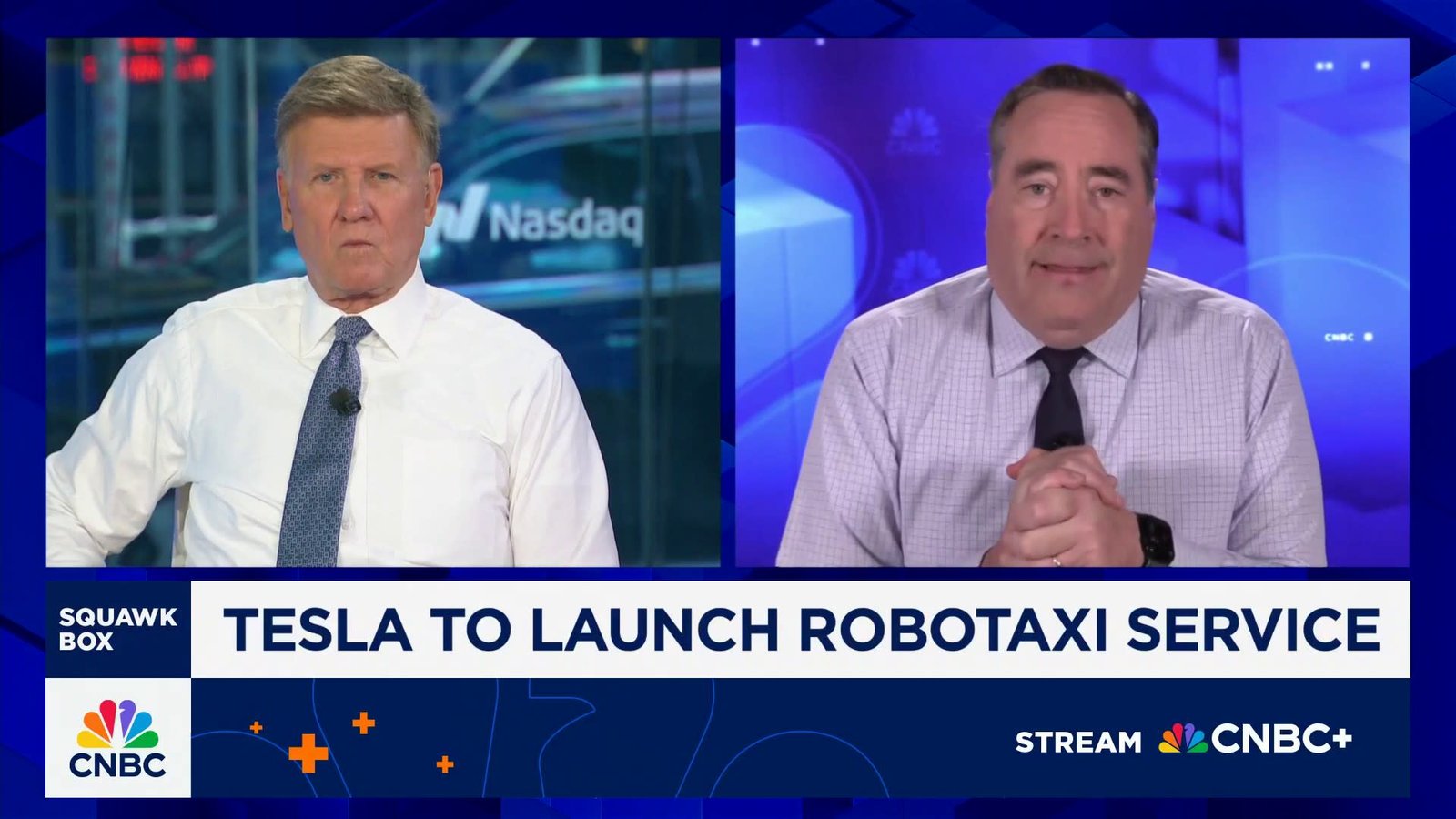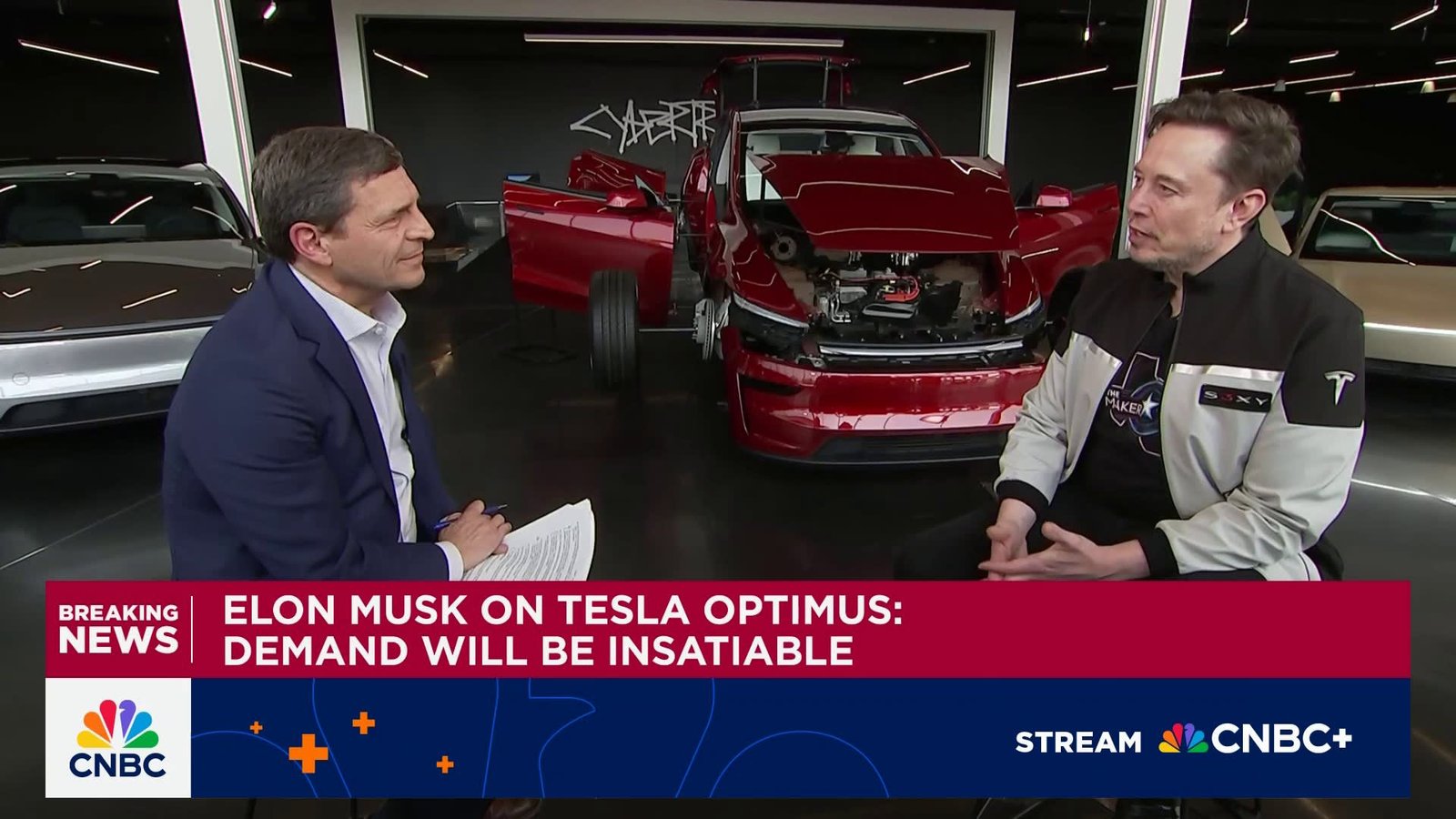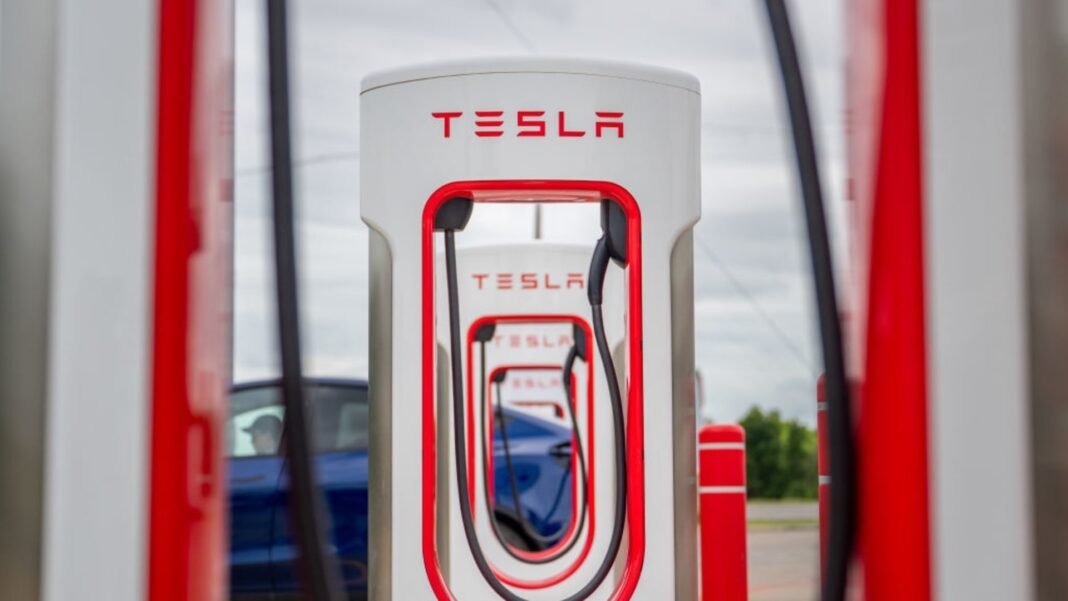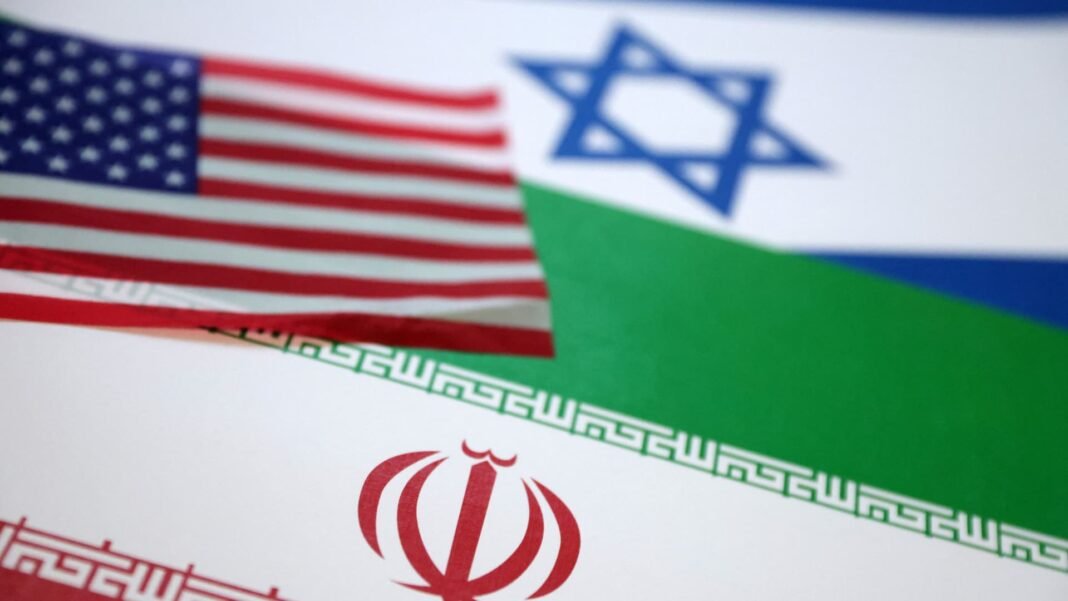What to Expect from Tesla’s Revolutionary Robotaxi Launch

Launching the First Fleet: Tesla’s Robotaxis hit Austin Streets
Tesla is preparing to unveil its much-awaited robotaxi service in Austin, texas, with operations commencing on June 22. Instead of debuting the futuristic CyberCab concept introduced last year,the initial fleet will consist of Model Y vehicles equipped with full self-driving capabilities. The company plans a landmark event on June 28-Elon Musk’s birthday-when a fully autonomous ride will travel directly from Tesla’s factory to a customer’s residence.
This early phase is invitation-only, granting access primarily to select social media influencers and industry insiders. Rides are restricted within a designated geofenced area in Austin and continuously supervised remotely by Tesla safety operators for enhanced security.
- Airport pickups and drop-offs are not included at launch
- Service may be temporarily suspended during severe weather conditions
- A trained Tesla Safety Monitor will occupy the front passenger seat throughout each journey
The evolution and Obstacles of Autonomous Driving Technology
elon Musk has long championed fully autonomous robotaxis, initially forecasting their arrival as early as 2020.Although delays have pushed back this timeline, he reaffirmed earlier this year that Austin would serve as the pilot city before expanding services into major hubs like Los Angeles and San Francisco.
The rollout starts conservatively with just ten vehicles operating within Austin-a strategic move aimed at rigorously testing system reliability before scaling up deployment across other regions.
Competitive Landscape and Market Implications
Experts predict that if successful, Tesla’s autonomous taxi network could potentially double its market valuation by late 2026, possibly exceeding $2 trillion. This growth would signify a transformative milestone for Tesla in self-driving technology despite current hurdles.
Tesla faces stiff competition from companies such as Waymo (owned by Alphabet), which has already completed over 10 million driverless rides across several U.S. cities. Waymo is actively pursuing regulatory approval for expanded testing in New York City using safety drivers onboard-a contrast to Tesla’s approach focused on remote monitoring combined with an onboard safety operator.
Navigating Legal Challenges and Public Safety Concerns
Tesla encounters important resistance from lawmakers and safety advocates ahead of its launch. A group of texas Democratic legislators has called for postponing operations until September when new state regulations governing self-driving cars come into effect-emphasizing public safety as their primary concern.
“Postponing until compliance with forthcoming laws ensures safer integration into public transportation,” stated officials addressing concerns directly related to Tesla’s quality assurance processes.
The Dawn Project-a watchdog organization critical of current Full Self Driving (FSD) software-has exposed alarming scenarios where Tesla’s system failed to halt for school buses displaying flashing lights or detect child-sized mannequins placed near roadways. These findings underscore ongoing challenges related to object recognition algorithms essential for protecting vulnerable pedestrians during autonomous operation.
an Examination of Safety Records Amid Growing Scrutiny
Tesla’s FSD package includes features like automated steering and parking but has been linked through national Highway Traffic Safety Administration data to multiple accidents involving fatalities nationwide. Critics argue that despite technological progress, these systems remain incomplete without continuous human oversight inside vehicles or active intervention via remote monitoring centers when necessary.
The Broader Picture: Brand Reputation Amid Political Controversies & Declining Sales Trends
Tesla’s reputation recently faced turbulence partly due to CEO Elon Musk’s political affiliations alienating certain customer segments globally. His outspoken support for former President donald Trump triggered backlash including vandalism incidents targeting showrooms across various states in the U.S., contributing further strain on brand perception.
This political controversy coincided with notable declines in sales worldwide; European deliveries dropped nearly 50% year-over-year during April alone while overall first-quarter vehicle shipments fell approximately 13%. Analysts attribute these downturns both to intensifying competition within global electric vehicle markets alongside reputational damage linked either directly or indirectly with Musk’s polarizing public statements on divisive topics.
A Forward-Looking Viewpoint Amid Uncertainty Surrounding Autonomy Goals
Musk has publicly acknowledged some missteps regarding his social media conduct tied closely with politics but remains steadfastly committed toward advancing autonomous driving technologies despite skepticism voiced by regulators, competitors, advocacy groups-and even parts of his own consumer base alike.
“While setbacks are certain,” industry experts observe “Tesla possesses unparalleled global scale enabling it not only potentially dominate autonomy but also license innovations broadly.”






